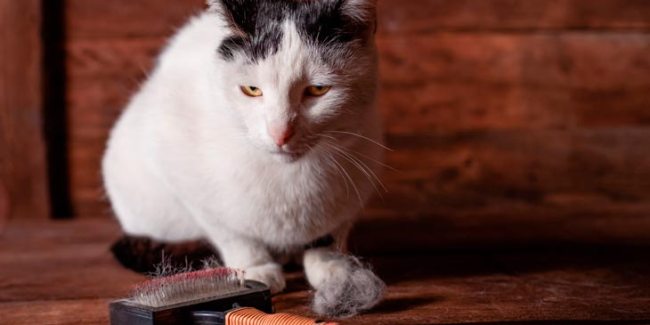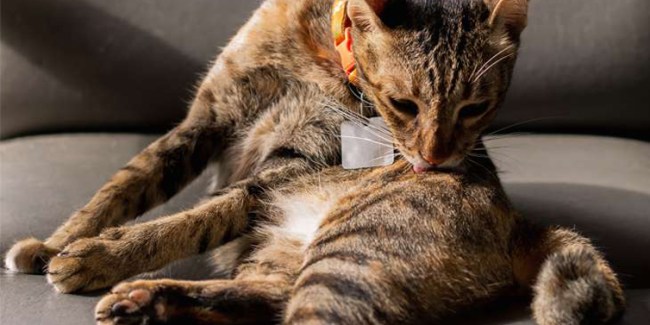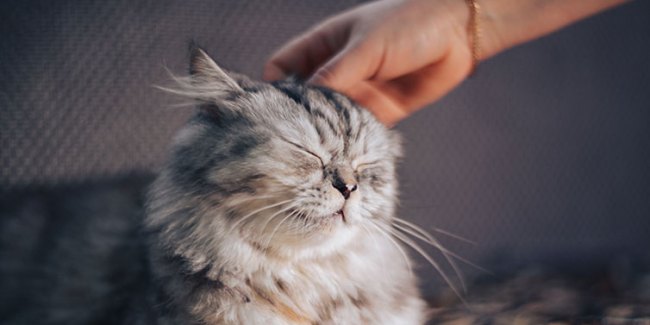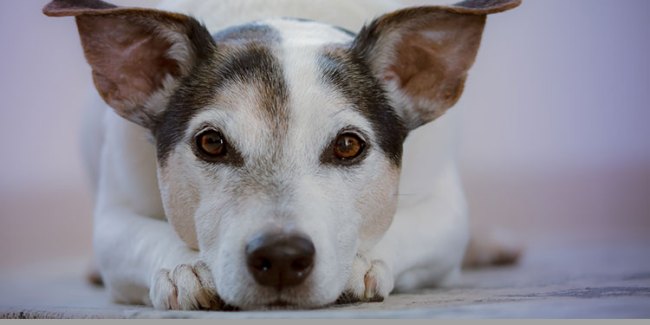Toxic Plants and Pets
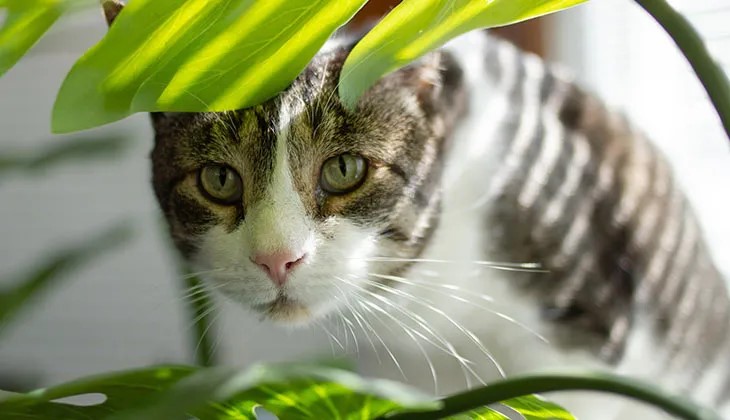
There are many benefits to gardening, such as improving creativity, relieving stress, increasing productivity, boosting focus and recovery. Also, having plants in and around our homes can improve our mood and bring us a lot of joy.
However, unfortunately there are many plants which may be poisonous to our furry friends. These plants can make them very sick if they ingest them and may even be deadly. There are around 700 plants and herbs which may be toxic to your cats and dogs: this means that these plants produce enough toxic substances which may cause harm to your pet if they are eaten.
Your pet can become very sick from eating even a small amount of a toxic plant, a bit of a petal, pollen, or from the water in a vase.
Which plants are poisonous to pets?
You can find lists of potentially toxic plants on the internet and on the website of your local animal poison control centre. Your vet will also be able to advise you.
For example, some plants, like ivy, are mildly toxic, but can cause vomiting, drooling, diarrhoea and stomach pain. Plants such as lilies (and all members of the lily family) are very toxic to cats and can cause acute kidney failure. Oleander is very dangerous to cats and dogs, and may cause abnormal heart rhythm and rate, tremors, seizures, vomiting and drooling.
What should I do if I suspect that my pet has ingested a toxic plant?
You should contact your vet immediately if you think that your pet may have ingested any toxic substance, including a toxic plant.
If possible, take a piece of the plant, or a photograph, to show your vet, who will then be able to determine the correct treatment for your pet.
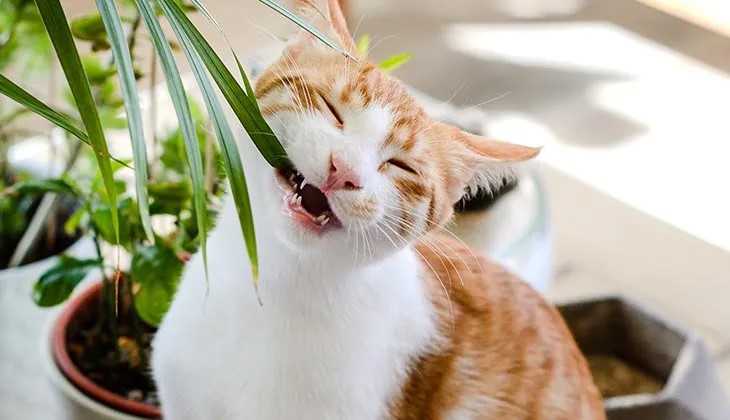
How can I prevent my pet from eating plants?
It is possible to deter your pet from eating plants. There are some factors which may increase the likelihood of him/her being drawn to this habit, which you can, to some extent, control:
These factors include:
- lack of sufficient exercise;
- the stress of moving to a new house;
- boredom, lack of stimulation and being alone for long periods of time;
- insufficient space to move around;
- hot weather and insufficient water.
What symptoms should I look out for?
Toxic reactions vary of course and pets may have a combination of symptoms. You can watch out for:
- diarrhoea
- decreased appetite
- pawing at the mouth or face which may indicate oral pain
- vomiting
- skin irritation
- drop in blood pressure, breathing depression
- stomach discomfort
- lethargy
- tremors
- head shaking
- difficulty swallowing
Remember – if you suspect that your pet has been poisoned, by anything, consult your vet.
ZA-NON-230900008
Subscribe to our Newsletter
Get to know your furry friend better! Sign up for all things dog- or cat-related.
The Hairy Facts about the dreaded hairball
12 April 2021
Help! My dog’s barking mad! Volume 2
12 April 2021
Your Itchy, Scratchy Cat – All About Cat Skin Problems
12 April 2021
The Dog’s Diet: A Bone of contention?
01 April 2021
Mango Fly Worms: How to Spot and Eliminate them
Posted on November 28,2019
Managing Mange And Mites In Your Dog
Posted on June 11,2018
Why Do Cats Purr and How? Learn What Your Cat Is Saying
Posted on October 14,2020
How to Get Rid of Ear Mites in Dogs
Posted on November 06,2019


